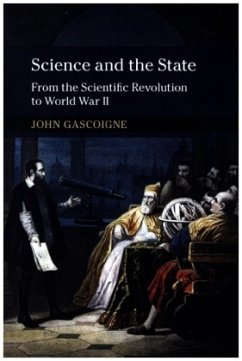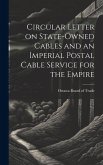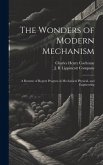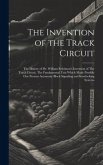Was it coincidence that the modern state and modern science arose at the same time? This overview of the relations of science and state from the Scientific Revolution to World War II explores this issue, synthesising a range of approaches from history and political theory. John Gascoigne argues the case for an ongoing mutual dependence of the state and science in ways which have promoted the consolidation of both. Drawing on a wide body of scholarship, he shows how the changing functions of the state have brought a wider engagement with science, while the possibilities that science make available have increased the authority of the state along with its prowess in war. At the end of World War II, the alliance between science and state was securely established and, Gascoigne argues, is still firmly embodied in the post-war world.
'At last, a comprehensive and eminently readable survey that charts the intricate bond between science and government over the past five hundred years. Gascoigne establishes that the ascent of 'modern' science was entwined with the concurrent rise of the modern state. The consequences of which helped shape both domains - as well as the modern world.' Mordechai Feingold, California Institute of Technology




![The Repertory of Arts and Manufactures [Afterw.] Arts, Manufactures and Agriculture The Repertory of Arts and Manufactures [Afterw.] Arts, Manufactures and Agriculture](https://bilder.buecher.de/produkte/68/68681/68681639m.jpg)
![Gill's Technological [Afterw.] Gill's Scientific, Technological & Microscopic Repository; Or, Discoveries and Improvements in the Useful Arts, a Conti Gill's Technological [Afterw.] Gill's Scientific, Technological & Microscopic Repository; Or, Discoveries and Improvements in the Useful Arts, a Conti](https://bilder.buecher.de/produkte/68/68643/68643790m.jpg)


